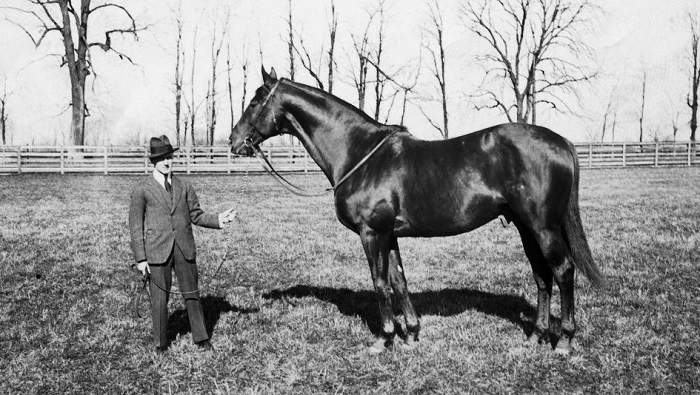Elevenses
A colloquial expression which entered the English language in the late 18th century, meaning a light refreshment taken at about 11 o’clock in the morning. Although the timing is flexible and the extent of the refreshment, especially the food element, has proved to be highly variable, the institution has retained its place in the daily schedule of most British people. Nor are they alone in this. Of the many corresponding institutions in other parts of the world, the most important is probably the Mediterranean
merenda or merienda. However, the
zweite Frühstück (second breakfast) eaten in various German-speaking regions is an important northerly counterpart of this meridional institution.
In Chile there are
salas de onces (Spanish for eleven), where
empanadas, cakes, and snacks can be bought; and according to Elisabeth Lambert Ortiz (
1984) the name was derived from the ‘English custom of having tea or coffee and biscuits at eleven in the morning’ and has become, ‘by some extraordinary transmutation, afternoon tea, so that a
sala de onces is a tea shop’. Under
malta is a description of the refreshments taken by Maltese office workers in mid-morning. These examples could be multiplied, since the need for some refreshment between
breakfast (especially if early and/or light) and
lunch or its equivalent is widespread, although not universal, among human beings.
In the 1660s Samuel Pepys used to feel the need of mid-morning refreshment, though never calling it elevenses. His ‘morning draught’, usually alcoholic, was probably taken at around 9 o’clock—as his working day started as early as 4 a.m. in the summer.
In America, the term elevenses has never stuck, although there are early references to ‘eleveners’.
In this connection it is necessary to heed the warning given by the expiring Henry King, that elevenses or for that matter other light refreshments punctuating the day should not be allowed to attain the status of
meals.



